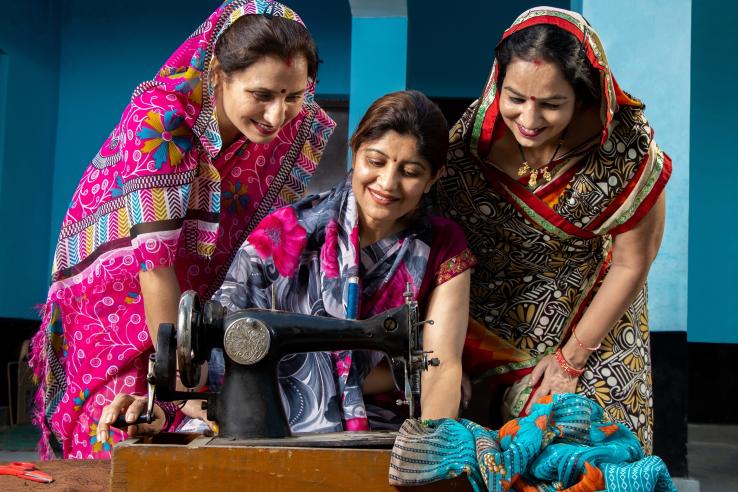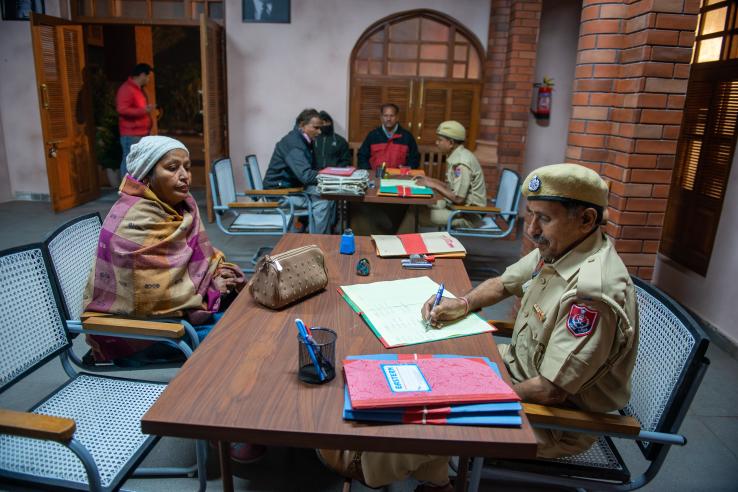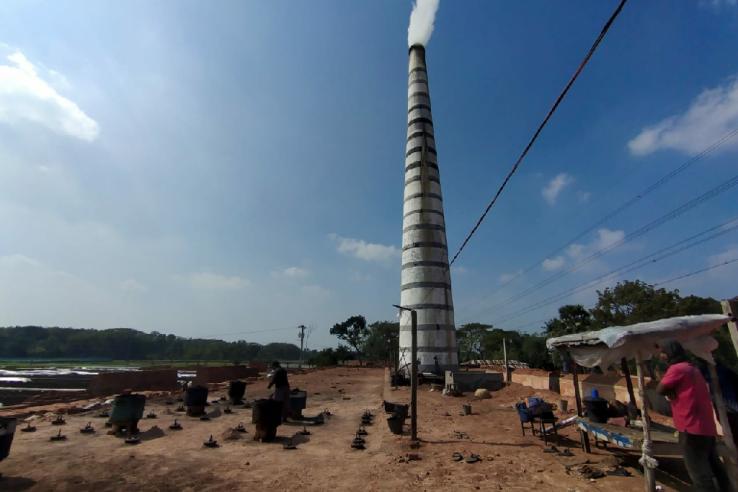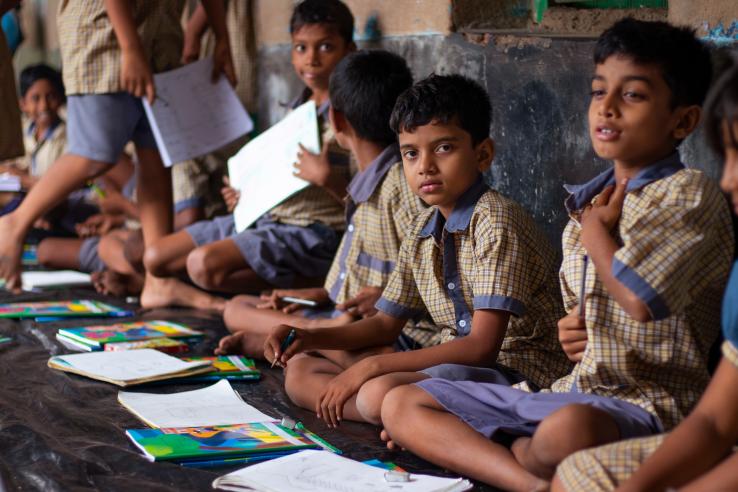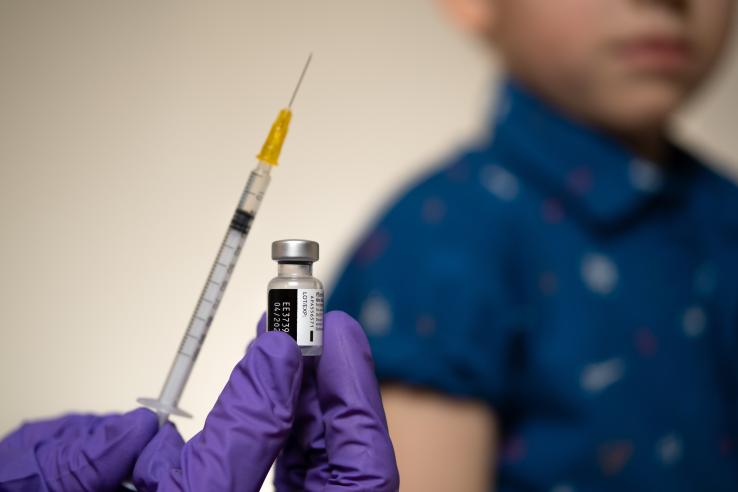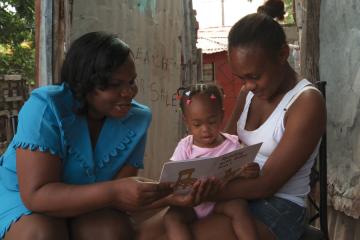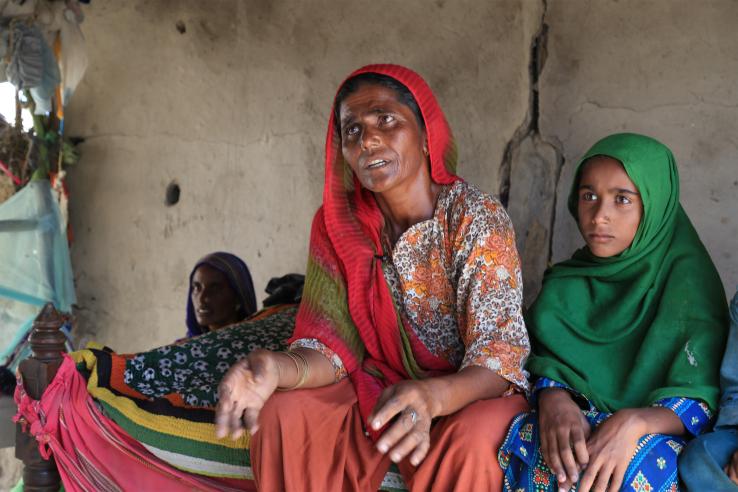Displaying 4741 - 4755 of 8448
Evaluation
Researchers are conducting phone surveys to understand the effects of a community policing intervention on citizens' trust in the state and how that affects their willingness to comply with COVID-19 related measures in Uganda.
Evaluation
Researchers are conducting a randomized evaluation to test the impact of providing emergency job retention assistance to firms and workers on firm survival, worker-firm match survival, and labor market outcomes for firm owners and workers in Ghana’s informal sector. Research is ongoing; results are forthcoming.
Evaluation
Manufacturing jobs can improve women’s economic empowerment, but health issues or caretaking often drive women out of the labor force. In partnership with a large garment Banladeshi manufactory firm, researchers are conducting a randomized evaluation to test the impact of text messages about paid sick leave on workers' health and job satisfaction.
Evaluation
Researchers conducted a randomized evaluation to test the impact of increased access to transportation and assistance with interview scheduling on women’s employment.
Evaluation
Researchers are launching a randomized evaluation to explore the impact of interventions that foster friendships and enhance problem solving skills on the mental health and labor market outcomes of young women working in a garment factory.
Evaluation
Researchers are evaluating the impact of a gender-sensitization training for police officers in Bihar, India, using expressive arts techniques, on police officers’ attitudes towards gender-based violence as well as women’s safety and economic agency.
Evaluation
Researchers evaluated the impact of trainings for brick kiln owners and operators on air pollution, CO2 emissions, and kiln profitability.
Evaluation
In partnership with the City of Medellín, researchers randomly introduced a program that intensified government outreach to gang-controlled neighborhoods. The study found no evidence that the city’s intervention reduced gang rule.
Evaluation
Researchers evaluated a secondary school readiness program, Utkarsh, that provided targeted instruction to students in Odisha, India.
Event
The Egypt Impact Lab, in collaboration with the Universal Health Insurance Authority (UHIA) and the World Health Organization (WHO) in Egypt, is hosting the first session of the Knowledge Exchange Webinar Series – Bridging Health Systems . This session will focus on benefit package design, drawing...
The Evidence Effect
A child’s earliest years shape lifelong outcomes. To boost children’s development, invest in programs that help parents interact with babies and toddlers in stimulating ways.
Evaluation
It is unclear whether a gender-differentiated intervention may be more effective in reducing some or all types of crime. To better understand this issue, researchers are working with the local police force in two districts in Pakistan to study its effects on trust levels and occurrence of crime.
Evaluation
Researchers evaluated the spillover effects of a nationwide Medicare bundled payment reform on privately insured Medicare Advantage (MA) patients who were not targeted by the reform. They found that the bundled payment reform’s spillover effect on non-targeted MA patients was similar to the bundled payment reform’s direct effect on targeted Traditional Medicare patients.
